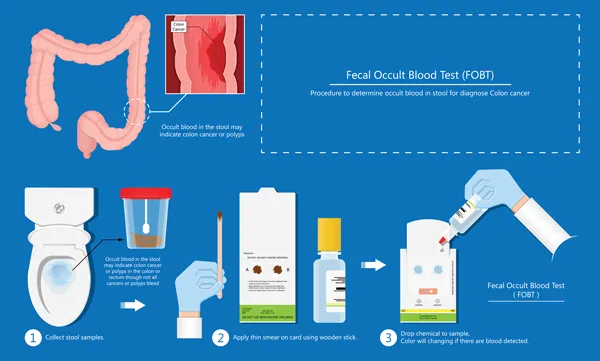
What is Melena?
Melana refers to dark, black, tarry (or sticky) looking stools. It differs from hematochezia, which refers to bright red blood seen in the stool, on toilet paper after wiping, or in the toilet bowl.
What causes Melana?
Melena most commonly occurs as a result of upper GI bleeding. This may be due to:
- Peptic ulcer disease (PUD)
- Gastritis
- Gastric or esophageal varices seen in liver disease
- Chronic liver disease
- Stomach or esophageal cancers
- As a complication of anticoagulant medications like Warfarin
- From blood swallowed from heavy nose-bleeds, or
- From a bleeding Meckel’s diverticulum (a congenital bulge in the lower part of the small intestine)
Blood appears dark because the source of the bleeding is in your upper GI tract. Blood has to travel all the way through your GI tract before reaching your stool. By the time it reaches your stool, oxygen has been removed which is responsible for blood’s bright red color.
Sometimes melana will be noticed as a result of taking iron supplements or Pepto-Bismol, or even from consuming certain food sources like beets, black licorice, and blueberries.
What tests can be used to identify blood in my stool?
- The fecal immunochemical test (or FIT) uses antibodies to detect hidden blood in the stool that could be potentially coming from a cancer or tumor. It only detects human blood from the lower intestines.
- The stool guiac test picks up blood arising from anywhere in the GI tract. For example, it might pick up blood arising from a bleeding stomach ulcer, which might present as melana.
Why doesn’t all blood look the same in stool?
Generally, the closer the bleeding site is to the anus, the brighter red the blood will appear. Bleeding from the anus, rectum, and sigmoid colon tends to be bright red, whereas bleeding from the transverse colon and ascending colon, located several feet away from the anus, tends to be darker red or maroon in color.
Melena occurs when blood is present in the colon for a long enough period of time that oxygen is removed and bacteria naturally present in the gut and digestive enzymes are able to break it down. Melena usually signifies bleeding from the upper GI tract.
Blood from the sigmoid colon and rectum usually does not stay in the colon long enough for bacteria to turn it black.
***Any rectal bleeding should prompt a complete evaluation by a trained medical provider to avoid missed diagnoses, delayed diagnoses, delayed care and poor outcomes. Rectal bleeding, including melana, can be a symptom of colorectal cancer or other cancers of the GI tract.
To schedule an appointment for a comprehensive medical evaluation with Dr. Sinha and our team at Hunterdon Digestive Health Specialists, please call our office at 908-788-8200 or go to your nearest emergency department for immediate care.
How is Melana Diagnosed and Treated?
Melana is a symptom. If you’re experiencing dark, maroon colored, black, and/or tarry looking stools or other symptoms suggestive of a GI bleed we will order laboratory tests to assess for anemia, possibly endoscopic studies to look for the source of your bleeding (such as upper endoscopy, EGD, or colonoscopy), and other imaging studies like CT, MRI or ultrasound to help us identify a source of your bleeding. Treatment will depend on the underlying cause of your symptoms.
